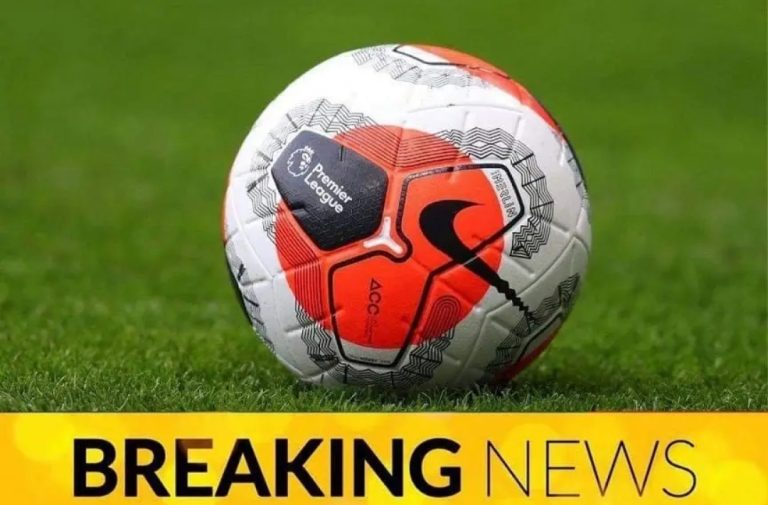It seems like this week wasn’t exactly the ideal time for “Project 150” to break out of Old Trafford. Sir Jim Ratcliffe and his team from Ineos are beginning to realize that Manchester United and comedy have formed quite a partnership in recent years. The club’s ongoing struggles have, in many ways, become a running joke, and it appears Ratcliffe’s ambitious project is entering the spotlight at a less-than-favorable moment.
The club’s leaders seem determined to will their vision into existence. They appear to be clinging to the age-old mantra, “If you say it enough times, it will happen.” Their faith in the future is so strong that despite suffering a humiliating 3-0 defeat at home to Tottenham, they still confidently declare that Manchester United will win the Premier League in 2028. They’ve even given this ambitious pursuit a catchy title: “Project 150.” But beneath the bravado, one has to wonder if the optimism is grounded in reality or if it’s simply wishful thinking dressed up as a strategic plan.
It’s intriguing to consider what might be lurking behind the polished façade of this so-called “Project 150.” When Omar Berrada, a key figure at the club, informed staff that the ultimate goal is to win the Premier League title in celebration of Manchester United’s 150th anniversary in 2028, it raised more questions than answers. Was there more to this plan than a vague desire to return to glory, or was it merely a symbolic target set to appease fans and employees alike?
What exactly is the roadmap for Manchester United between now and 2028? Terms like “game model” have become buzzwords at Carrington, the club’s training ground, but few people seem to understand what this entails. Does it involve starting games sluggishly, stringing together poor passes, and a general reluctance to track back defensively? For the casual observer, these so-called tactics remain a mystery, leaving fans frustrated and confused about the direction the team is heading.
When asked about this “game model” recently, manager Erik ten Hag responded that it would take too long to explain. Conveniently enough, that explanation never came, which only deepens the confusion. It’s ironic that those who follow Manchester United week in and week out seem to have little idea of what their team is actually trying to achieve on the pitch. The disconnect between the vision and the execution has left supporters wondering if the leadership truly has a coherent plan.
Ratcliffe, on the other hand, was briefed on the 150th anniversary ambitions earlier this year, so this isn’t just a case of a new boss trying to rally his employees. He’s well aware of the pressures and expectations that come with overseeing such a high-profile project. He emphasized that the plan is not a decade-long endeavor. Ratcliffe seemed to understand that any mention of a 10-year timeline would likely send United fans into a frenzy of impatience and frustration. Instead, he reassured them that there is a concrete plan in place to bring success within three years.
However, such grand declarations do little to soothe the nerves of a fanbase that has grown weary of empty promises. After all, they’ve heard similar rhetoric before, only to watch their beloved club continue to stumble through one disappointing season after another. The idea of winning the league by 2028 may sound enticing, but without tangible progress on the pitch, it risks being seen as yet another hollow promise, a lofty goal with no clear path to achievement.
In the end, “Project 150” may offer hope for the future, but whether it can turn Manchester United’s fortunes around in the short term remains to be seen. For now, fans are left grappling with the reality of a struggling team, an uncertain direction, and the nagging suspicion that the club’s leadership is trying to talk their way out of trouble rather than solving the problems that have plagued th
em for years.
